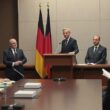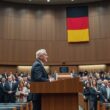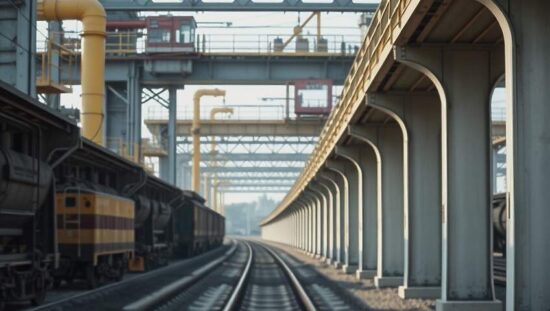Berlin is launching a long-delayed raw materials fund aimed at reducing Germany’s reliance on Chinese suppliers, a move signaling a renewed focus on strategic resource independence amidst ongoing geopolitical tensions. The fund, initially proposed in 2024 by then-Economy Minister Robert Habeck, had stalled due to internal disagreements within the ruling coalition, raising concerns about its viability and potential failure.
Economy Minister Katarina Reiche (CDU) and Finance Minister Lars Klingbeil (SPD) have now reached an agreement to secure the fund’s financing, effectively rescuing the initiative from potential collapse. The strategy involves direct investment or guaranteed participation in new raw material extraction projects, creating alternative supply chains for German industries currently heavily dependent on China.
The first three projects slated for immediate support are being viewed as crucial test cases for the fund’s effectiveness. A significant initial investment will go towards Vulcan Energy’s lithium extraction project in the Upper Rhine Graben region of Germany. Furthermore, the fund will back projects focused on extracting critical minerals in both Canada and Australia, diversifying supply sources and mitigating risks associated with single-nation dependency.
While the agreement represents a significant step forward, critics argue the fund’s long gestation period and the internal wrangling that precipitated the near-failure highlight deeper structural issues within the German government’s approach to strategic resource planning. The initial allocation of €1 billion remains largely untapped and questions persist regarding the long-term sustainability and effective oversight of the fund.
The projects’ environmental impact assessment and adherence to ethical mining practices will also be under intense scrutiny, particularly considering the sensitive nature of resource extraction. Some analysts suggest the fund’s success hinges not only on securing access to raw materials but also demonstrating an unwavering commitment to responsible and sustainable sourcing while navigating a complex landscape of international regulations and geopolitical considerations.





